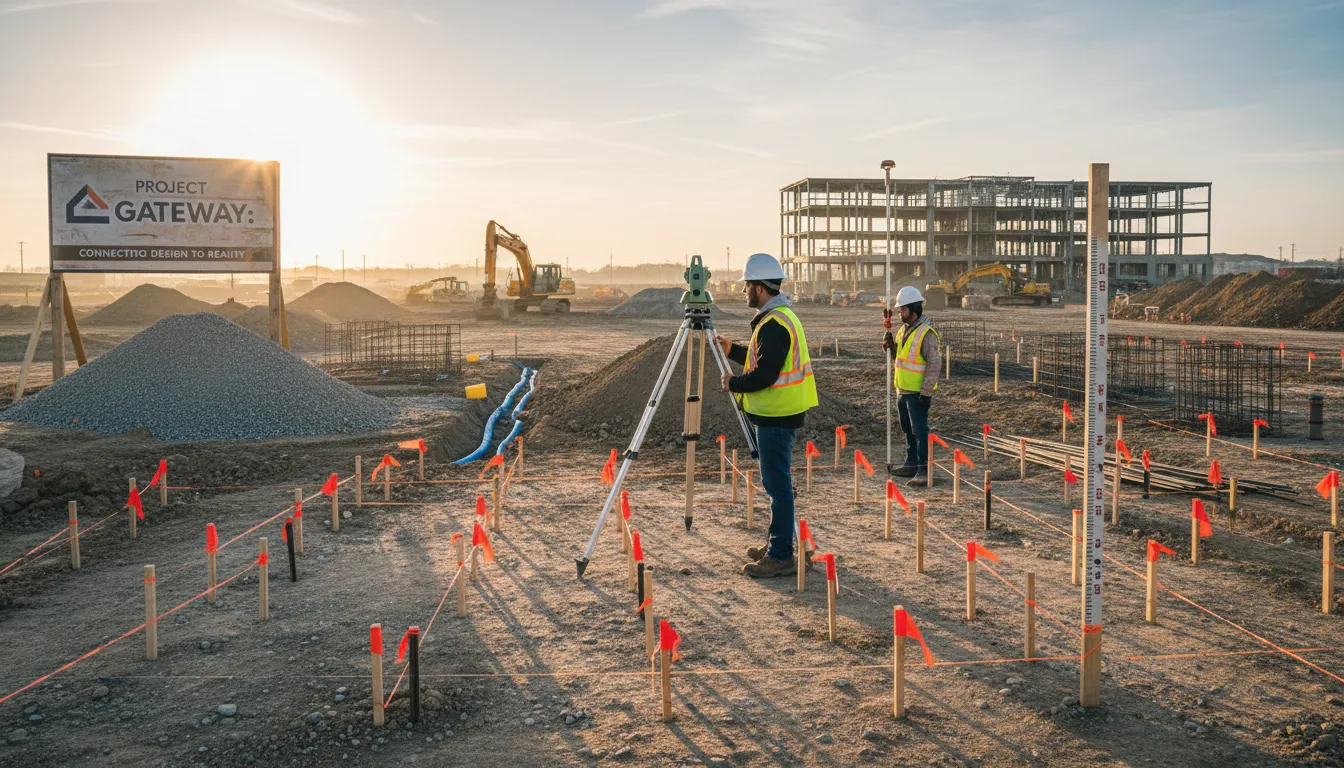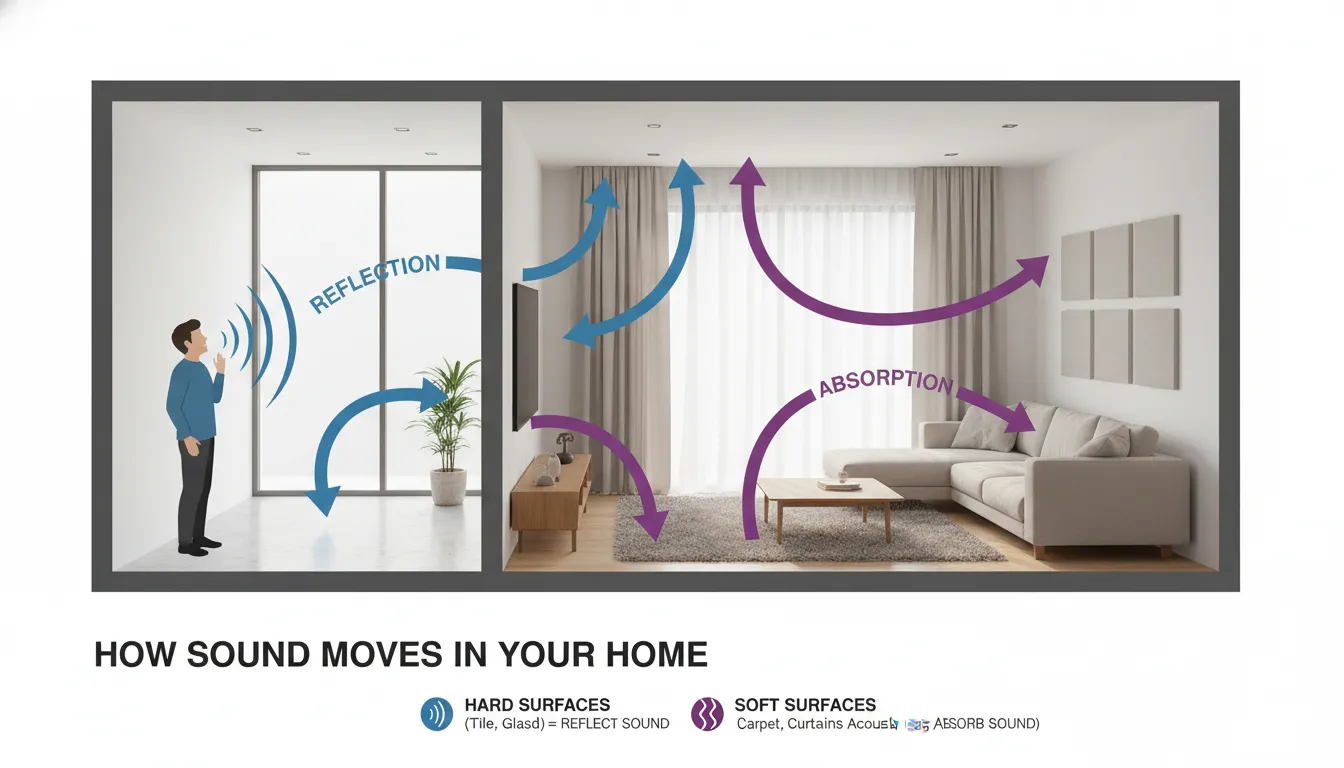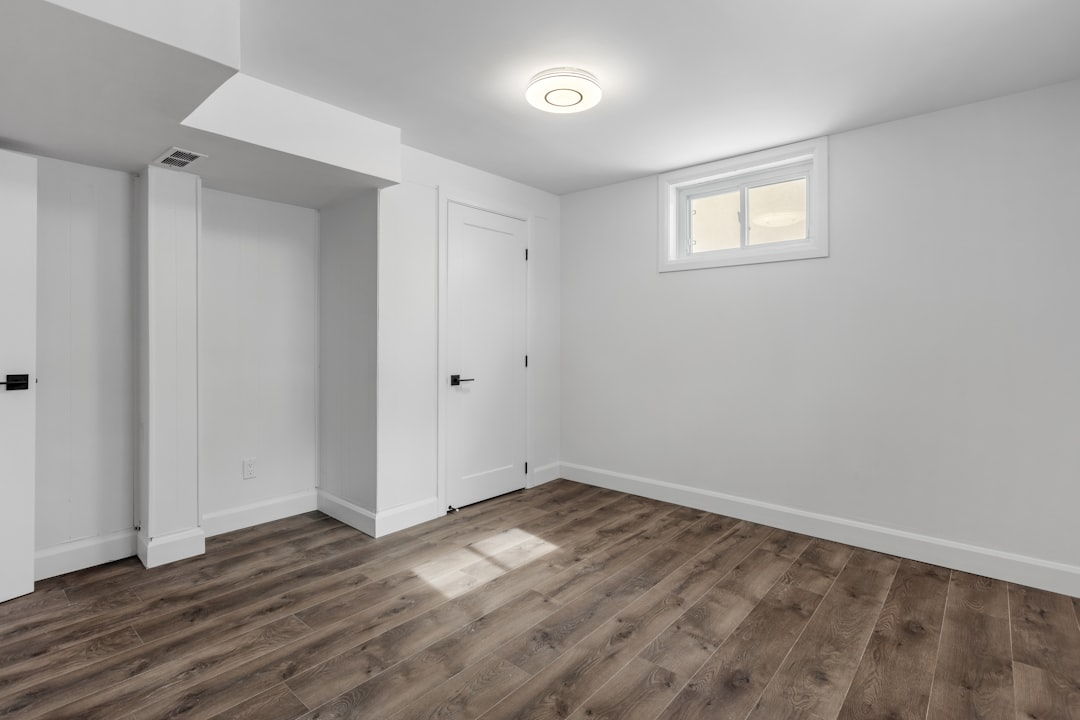
Renovating your home can bring excitement, anticipation, and the promise of improvement, but it can also be one of the most stressful periods in your life. Dust, debris, constant foot traffic, and rearranged furniture all contribute to a chaotic atmosphere. Without a plan to manage space and organize your belongings, the chaos can overwhelm even the most prepared homeowner. That’s why space management is a critical part of maintaining peace of mind during renovations.
By thinking ahead and taking intentional steps to manage your space, you’ll feel more in control of the process and better equipped to handle disruptions. You won’t just reduce stress; you’ll improve your timeline and potentially cut down on extra costs, too.
Understanding the Clutter That Comes with Renovations
Most renovations involve clearing out rooms, rearranging furniture, and packing up personal belongings. Even a relatively small project, like redoing a bathroom or replacing floors, can leave your home in disarray. The clutter quickly becomes unavoidable if you’re living in the home during the work.
You may find yourself piling boxes into other rooms or covering furniture in plastic sheets. This makes day-to-day living uncomfortable and adds frustration on top of construction noise and inconvenience. It can affect how you eat, sleep, and even maintain routines like working from home or helping kids with homework.
More importantly, clutter makes it harder for the contractors to move around efficiently. Tripping hazards, fragile items, and limited workspace all delay the job and increase the risk of damage. Taking control of your space before work begins is the best way to prevent these obstacles.
How Storage Solutions Provide Breathing Room
Creating physical space around a project site does more than protect your stuff. It provides mental space for the rest of your life to continue. When your house isn’t buried under piles of displaced belongings, it feels less like a construction zone and more like a home undergoing transformation.
A storage unit or temporary facility becomes a neutral zone, where you can place non-urgent items until the project is finished. Many homeowners use this time to reassess what they really need and want in their homes once the dust settles.
Explore Utah Real Estate

83 W 850 S, Centerville, UT
$815,000
Bedrooms: 5 Bathrooms: 3 Square feet: 3,999 sqft
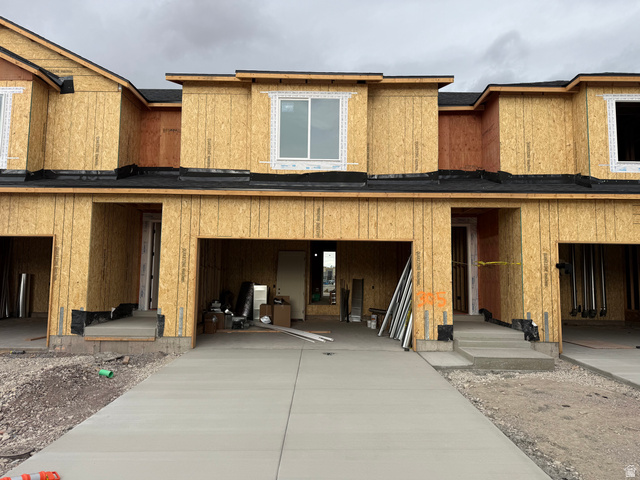
653 E RYEGRASS DR #305, Eagle Mountain, UT
$387,900
Bedrooms: 3 Bathrooms: 3 Square feet: 1,985 sqft

2031 N LAVA ROCK CIR #107, St George, UT
$4,185,000
Bedrooms: 4 Bathrooms: 5 Square feet: 5,404 sqft
It turns into an opportunity for decluttering and simplifying, rather than just packing and unpacking. Among the most practical options is self storage, since it allows you to access your items whenever you need them. Instead of burying boxes in the garage, you can store seasonal items, fragile décor, or spare furniture in a climate-controlled space that’s easy to reach. This flexibility makes the transition during renovations smoother and less disruptive.
Keeping things off-site can also prevent accidents. Construction crews can work faster and with more focus when they’re not constantly maneuvering around your belongings. It helps protect the integrity of your renovation budget by reducing the potential for property damage or insurance claims.
Maintaining a Clear Living Zone During Work
If you're living at home during the renovation, it becomes especially important to preserve a functional living zone. This might be a single bedroom, a basement, or the kitchen, wherever your family can operate without being in the way.
When that space is neat, uncluttered, and stocked with the things you need each day, it becomes your safe haven. You can escape the noise, recharge, and carry on with normal routines. This separation between work and life helps protect your mental health and reduce conflict.
To make this work, label boxes clearly, store unnecessary items elsewhere, and keep only the basics at hand. Create small comforts in your temporary setup, whether it’s a favorite blanket, a coffee station, or your regular dining spot. These little details make a big difference during weeks or months of renovation.
Communication with Contractors and Professionals
Planning for space management can’t happen in a vacuum. It’s important to communicate with your renovation team about which areas will be cleared, what access they’ll need, and how storage will be handled. This allows for better collaboration and keeps the work flowing smoothly.
More Properties You Might Like

2098 E GOOSE RANCH RD, Vernal, UT
$103,000
Square feet: 274,864 sqft

2148 E GOOSE RANCH RD, Vernal, UT
$116,000
Square feet: 309,276 sqft

6668 S 3200 W, Spanish Fork, UT
$2,074,000
Bedrooms: 3 Bathrooms: 3 Square feet: 2,560 sqft
If contractors arrive and find furniture in the way or boxes stacked against the walls, their workflow slows down. Miscommunication creates tension, especially when it results in delays or accidents. On the other hand, clear planning shows respect for the professionals and encourages them to take equal care with your home.
Let your renovation team know which items have been removed and which are off-limits. Mark rooms accordingly, and designate paths they can use to move in and out without disturbing living spaces. A coordinated plan is more efficient and reduces misunderstandings.
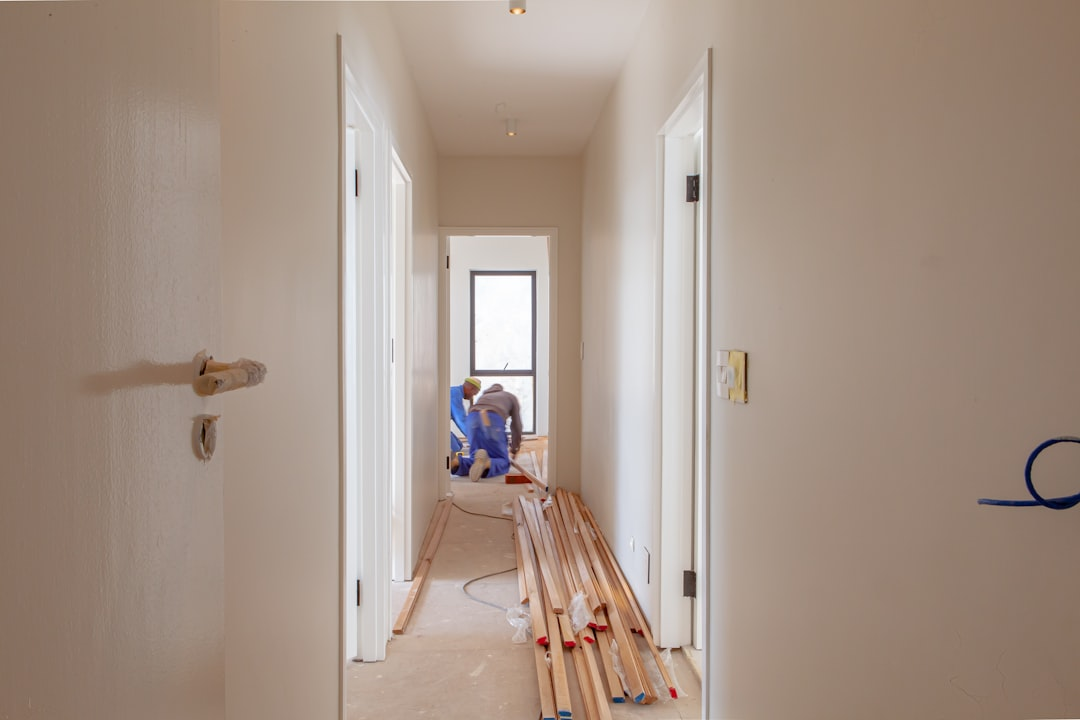
Renovations don’t have to be synonymous with stress. With smart space management, you can keep your home livable, protect your belongings, and create a clearer path to success. Whether you're remodeling a kitchen, updating a bathroom, or doing a full-scale overhaul, planning how and where to store your possessions can ease your daily routine and give your contractors the room they need to work effectively.
By controlling your environment and giving every item a proper place, you're not just improving your home, you’re protecting your well-being during one of the most challenging times a household can face. When the dust settles, both your home and your mind will be in a much better place.









